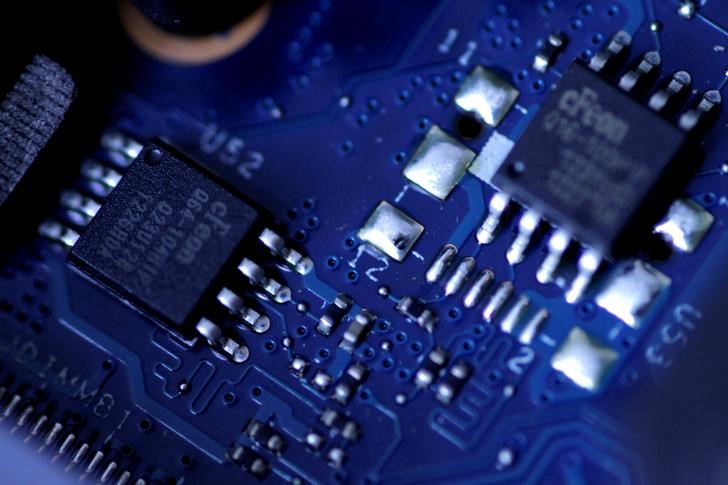Proactive Investors - A proposed European ban on ‘forever chemicals’ due to their health risks to humans and the environment would disrupt the manufacturing processes of microchips, the industry has warned.
Prohibition of the use and production of PFAS (perfluorinated and polyfluorinated alkyl substances, including PFOA and PFOS) across the Europe Union has been proposed by Denmark, Germany, the Netherlands, Norway and Sweden.
There are more than 10,000 different types of PFAS, used in disposable food packaging, non-stick cookware, waterproof clothing, carpets, cosmetics and electronics.
The toxicity of PFAS to humans and wildlife – plus the fact that they build up over time in humans and in the environment due to their inability to break down easily – has been shown to interfere with hormonal systems and reproductive systems, harm immune systems and promote the development of certain cancers.
After the ban proposal was submitted on Tuesday, including scenarios of either a full ban or the allowing of exemptions based availability of alternatives, was made to the European Chemicals Agency (ECHA), next steps include a six-month consultation is planned to start on 22 March 2023, with regulation not likely until 2026 at the earliest.
But companies including fluoropolymer maker Chemours and chemical pumpmaker Iwaki said a ban would have consequences for the semiconductor industry, telling the Financial Times PFSA are “absolutely critical” for semiconductor manufacturing, among other industries.
The EU proposal has considered a 12-year transition for the semiconductor supply chain as part of a potential ban.
Concerns about forever chemicals are also rife in the US, following the release of Hollywood film ‘Dark Waters’, which tells the real-life story of a lawyer who took on chemical giant DuPont (NYSE:DD) after discovering that the company was polluting drinking water with the harmful chemicals.
